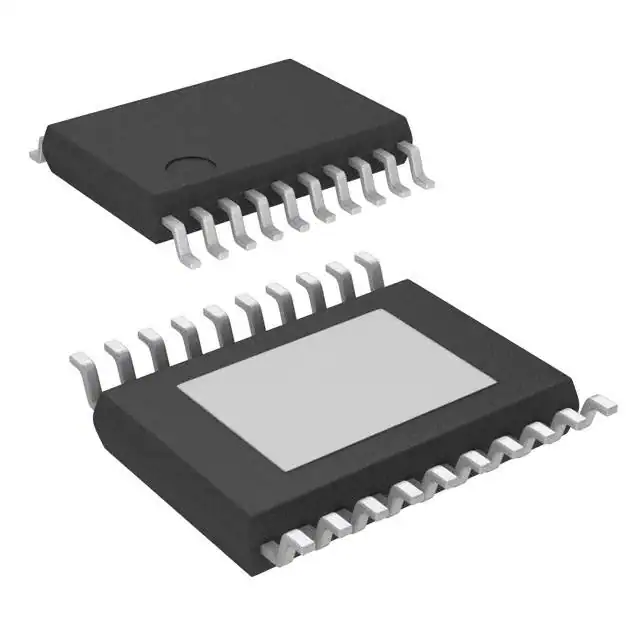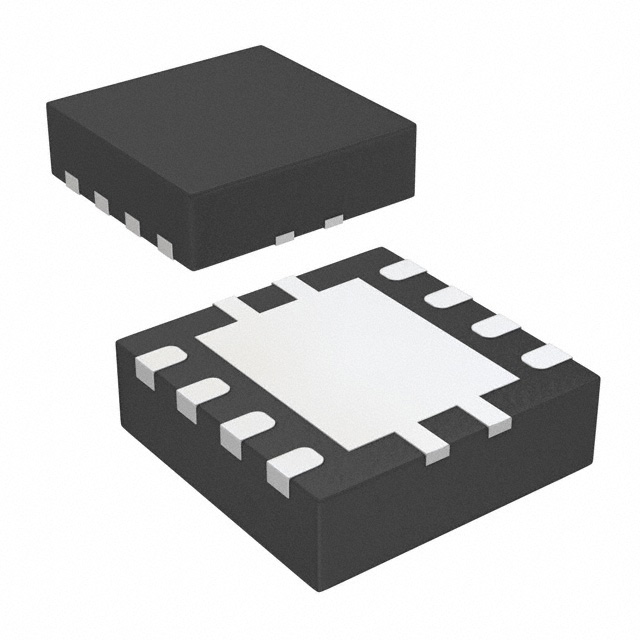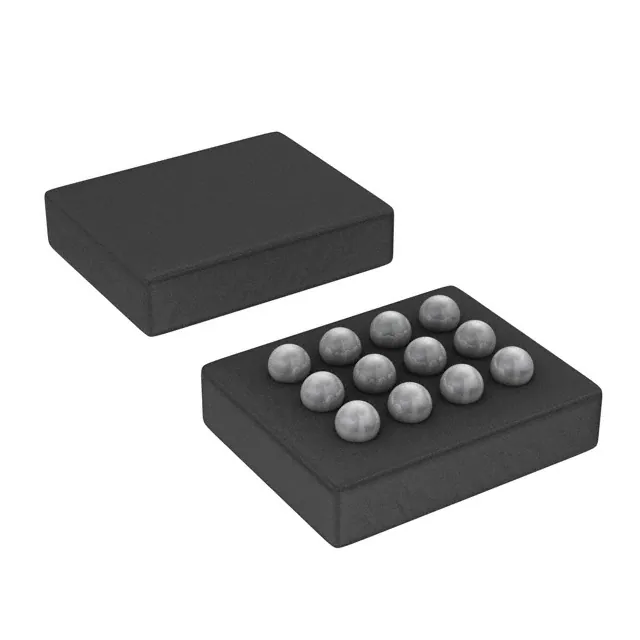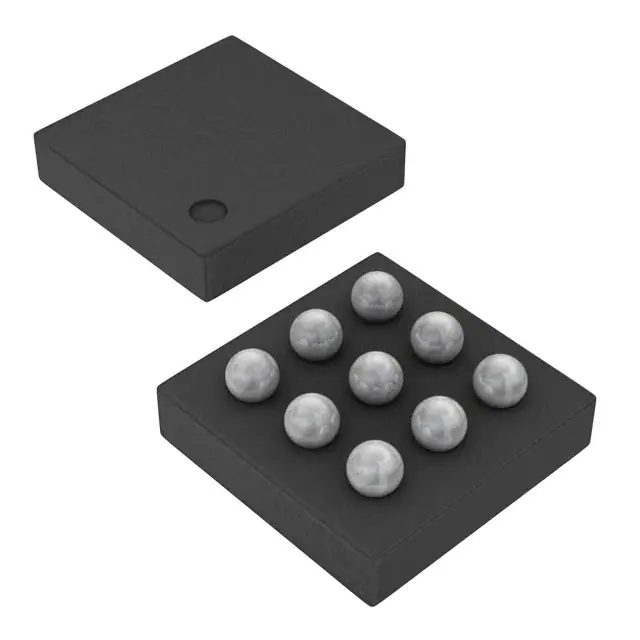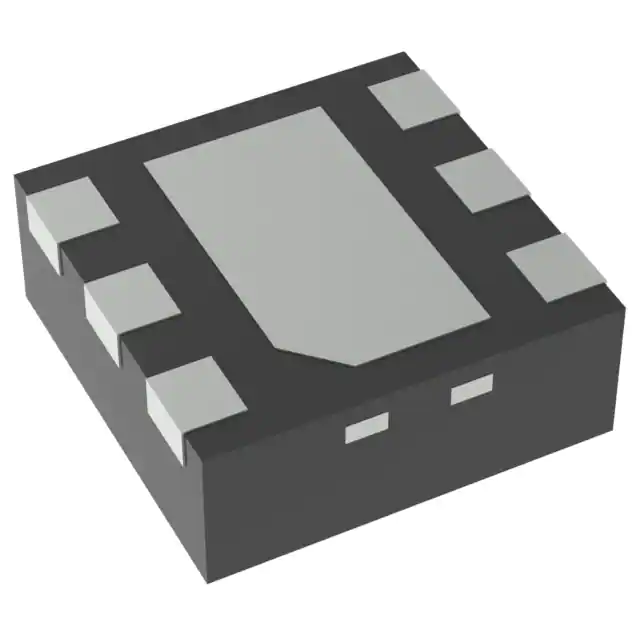The LM25118MHE/NOPB widevoltage range Buck-Boost switching regulator controller features all of the functions necessary toimplement a high-performance, cost-efficient Buck-Boost regulator using a minimum of externalcomponents. The Buck-Boost topology maintains output voltage regulation when the input voltage iseither less than or greater than the output voltage making it especially suitable for automotiveapplications. The LM25118MHE/NOPB operates as a buck regulator while the input voltage is sufficientlygreater than the regulated output voltage and gradually transitions to the buck-boost mode as theinput voltage approaches the output. This dual-mode approach maintains regulation over a wide rangeof input voltages with optimal conversion efficiency in the buck mode and a glitch-free outputduring mode transitions. This easy-to-use controller includes drivers for the high-side buck MOSFETand the low-side boost MOSFET. The control method of the regulator is based upon current modecontrol using an emulated current ramp. Emulated current mode control reduces noise sensitivity ofthe pulse-width modulation circuit, allowing reliable control of the very small duty cyclesnecessary in high input voltage applications. Additional protection features include current limit,thermal shutdown, and an enable input. The device is available in a power-enhanced, 20-pin HTSSOPpackage featuring an exposed die attach pad to aid thermal dissipation.
Feature
- Input Voltage Operating Range From 3 V to 42 V
- Emulated Peak Current Mode Control
- Smooth Transition Between Step-Down and Step-Up Modes
- Switching Frequency Programmable to 500 KHz
- Oscillator Synchronization Capability
- Internal High Voltage Bias Regulator
- Integrated High and Low-Side Gate Drivers
- Programmable Soft-Start Time
- Ultra-Low Shutdown Current
- Enable Input
- Wide Bandwidth Error Amplifier
- 1.5% Feedback Reference Accuracy
- Thermal Shutdown
- Package: 20-Pin HTSSOP (Exposed Pad)
- Create a Custom Design Using the LM25118 With theWEBENCH? Power Designer
All trademarks are the property of their respective owners.

